
Two weeks ago, I was at a winter school on “Metrology and Nanomaterials for Clean Energy”, to present on the 1200 traceable MOF syntheses as well as introduce the poor young souls to the “Dark Side of Science”. Here’s my impression of the events…
First of all, I was unfortunately unable to figure out how to do this travel efficiently by train; the night trains suggested by Rome2Rio were booked months in advance, and the option to travel via Paris to the nearby Oulx was not obvious until I saw the RailEurope planner results (I wish pan-european rail travel was easier to figure out and book). So airplane it had to be, hopefully I can do better next time. The mountaintop village itself where the winter school was being held is rather unreachable by public transport, so I had to rely on transport kindly provided by the organisers.

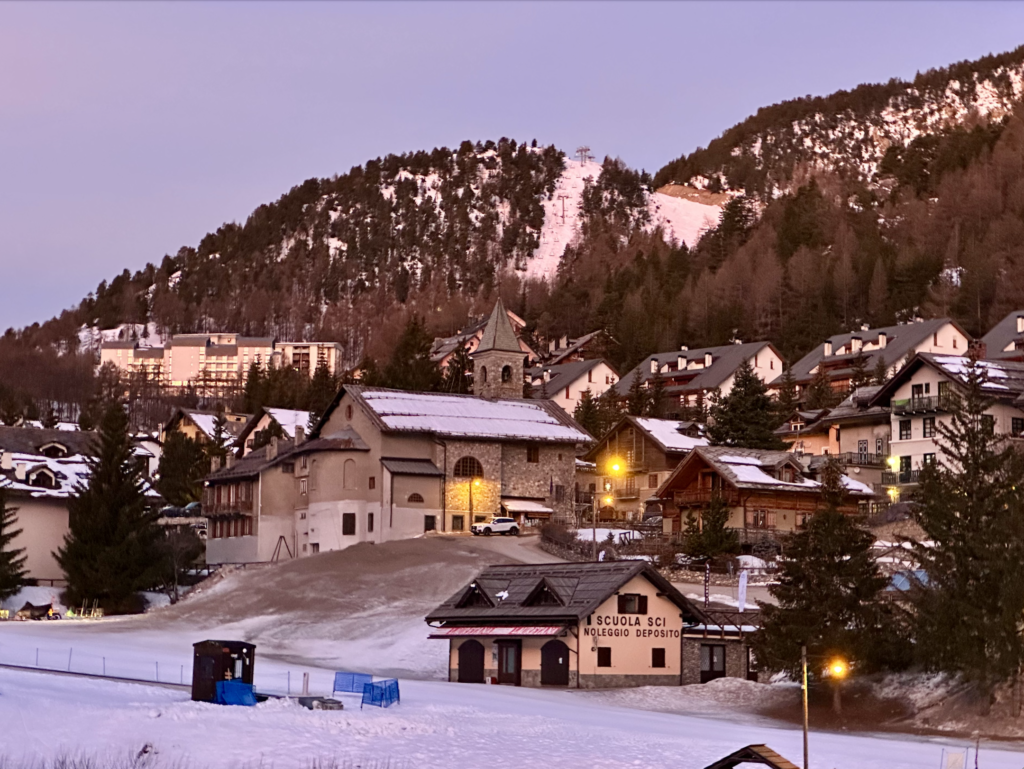
After arrival, my shortness of breath might not just be because of the scenery or poor stamina, but also perhaps because of the about 1700 m altitude of the winter school. The venue was in an old mountain hut on the ski slopes, with bunk beds and shared facilities, and really nice meals and friendly staff. The lecture program was split in the middle with a generous noontime break, which made for good opportunities to chat with the doctoral students and scientists in the nice environs. This improved opportunity for interaction here led to a surprising number of good discussions and new contacts, and, for me, underscores the value of including discussion time in any scientific event.
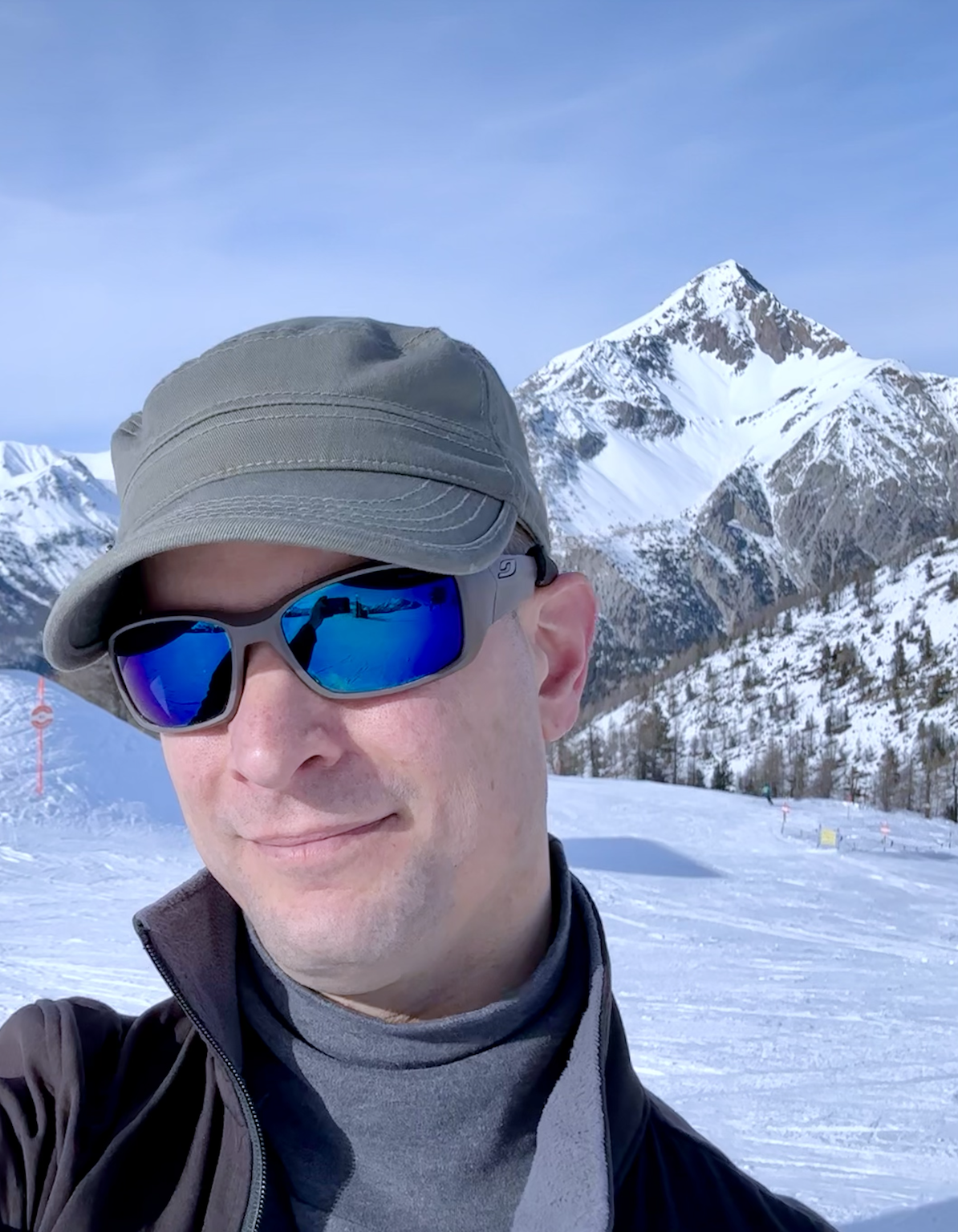
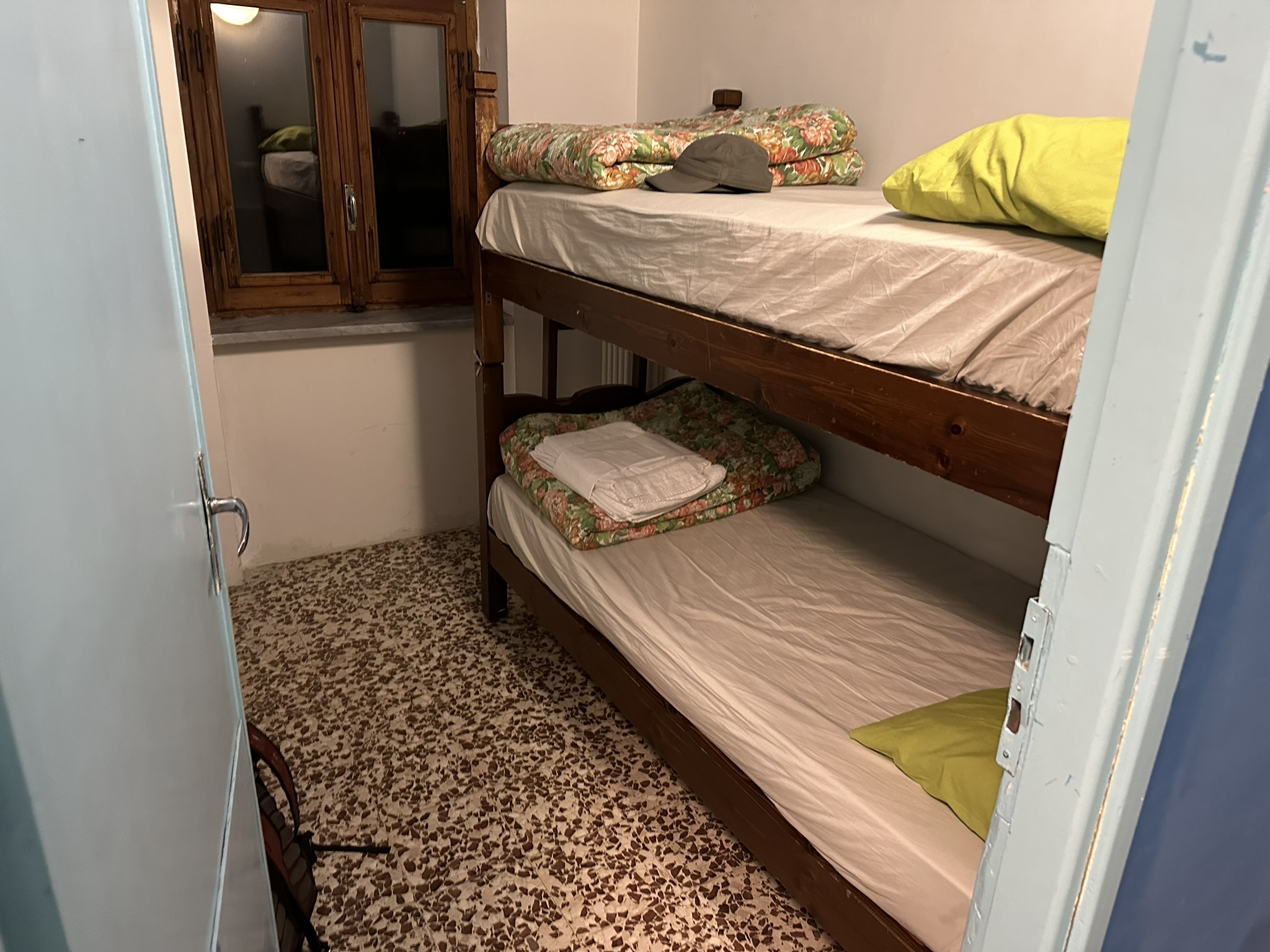
The lectures were diverse in topic, with several particularly nice ones. Given the school’s topic on clean energy and CO2 reduction, it of course included plenty of alarming trends and measurements on the problematic future barrelling towards us. While the technologies discussed at the school were far from mass production, some did look like promising tools to me. I only hope that we can finally get off our collective behinds and implement that which is already ready now, so that we may have a future left in to implement these new and upcoming developments. These should include not just technological solutions, but also regulatory, fiscal, and political tools to vastly reduce greenhouse emissions now. Me and several others were in agreement over dinner that we are unfortunately not seeing anywhere near the degree of action required by our countries to really make a dent in the current prognoses (with most of the low-hanging fruit remaining blithely untouched), and given how we usually err on the side of caution when it comes to prediction, our future might well turn out bleaker than we predicted.
My talk on the Dark Side of Science also kicked off an uncharacteristically energetic discussion, which caught me a bit off guard and made me realise I need to up my live argumentation skills a bit. But I was happy to see the topic resonate with both the students as well as the scientists, and my efforts even led to an impromptu explanation in one of the subsequent talks on what the UKCORI intiative is doing to address research integrity issues in the UK. Now, having researched and given this talk quite a few times over the last decade, perhaps it is time to freshen things up a bit with some new statistics. More on that hopefully in upcoming posts.
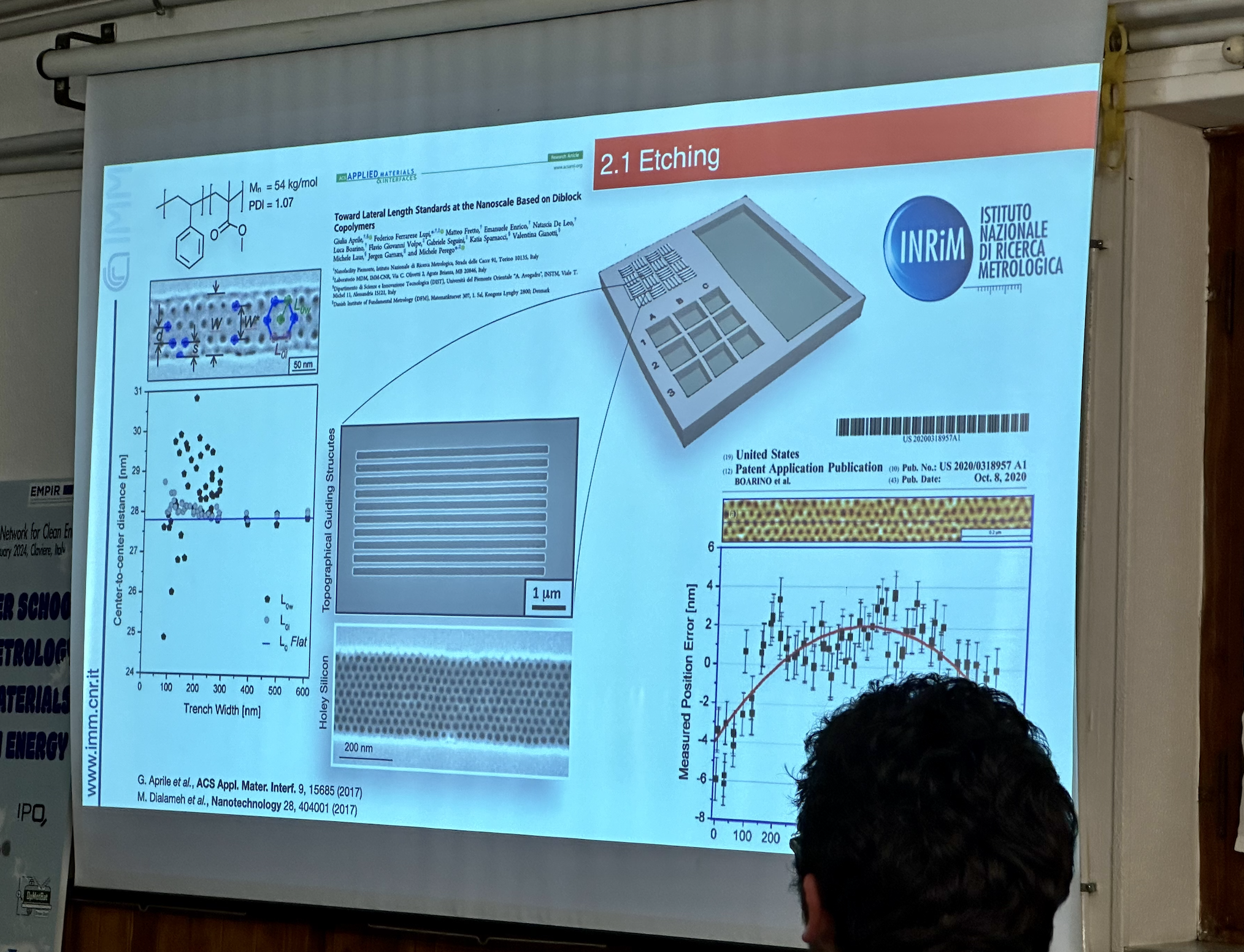
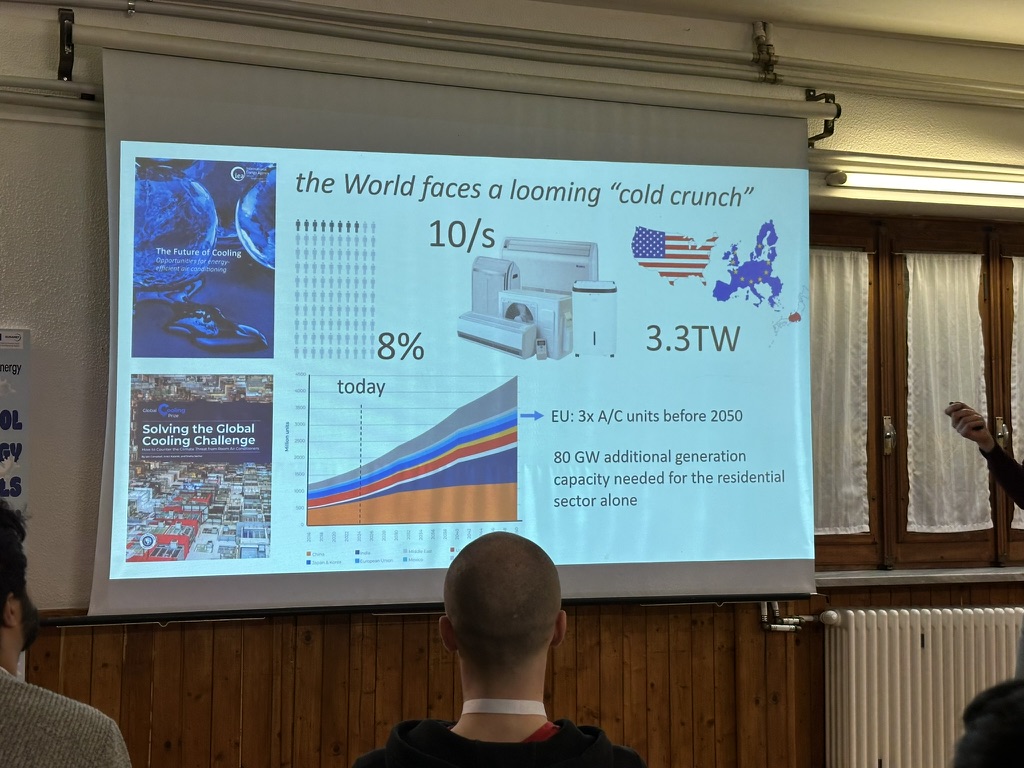
The talk on the 1200 syntheses we did also was well received. it highlighted to the students the depth of information collection and extent of lab organisation you need to create reproducible reactions. It was encouraging to see that some students and labs had started taking a similar interest in traceability in experiments, and had started extensive cataloguing of their past and current experiments, also in the hopes of gleaning more information from statistical (ML) analyses thereof at later stages. In that sense, the hype around ML is great: you would never get any student interested in statistical analysis if you call it statistical analysis. Call it Machine Learning, however, and just that little rebranding is enough for the newer scientists to get interested in what is essentially advanced statistics. There may be hope still! As for us, we’re happy to just help provide the trustworthy datasets that could underpin rigorous analysis.
I hope next year’s winter school will be as interesting, I think it is a good place for doctoral students to get familiar with current trends and projects, and connect with their peers and colleagues. For now, I’m back in my lab, hoping to make headway with migrating the MOUSE away from its last remnants of original software. Stay tuned!
